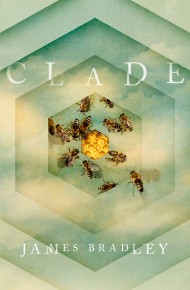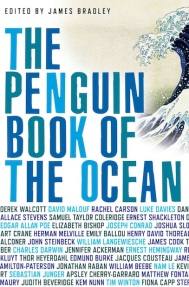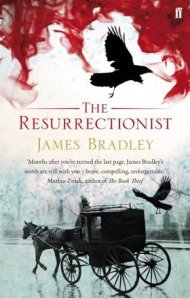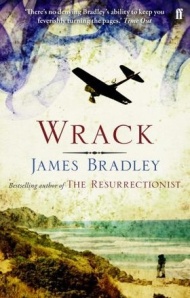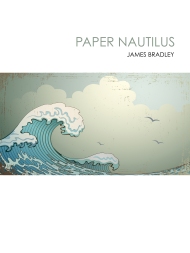On writing Wrack
I began writing in about 1991, just after I finished university. At first I wrote poetry, then stories, then finally, after a year or so, a novel.
That first novel never found a home, something I’m glad about in retrospect, but it suggested to me something of the possibilities a novel might offer, and so, after a year at Film School learning first hand why I wasn’t cut out to be a scriptwriter, I found myself pretty much back where I’d started, trying to work out what to do next.
It was a pressing question. A few months before I’d given up my job as a lawyer. In its place I was doing nightshifts at the 24-hour video shop near my home in Kings Cross, and I vividly remember getting up one morning and going out to sit on the balcony. You could see the buildings of the city across the backs of the restaurants, and as I sat there I remember taking stock somehow, working out what I thought my next step might be. Despite placing a few poems and stories in lit mags, my writing career thus far consisted of a novel I hadn’t been able to publish and a dead-end year at Film School: not much when it came down to it.
Books tend to come into being in such a mysterious and fragmentary way it’s usually hard to know exactly where they begin, but I remember telling myself I needed to write a new novel, and asking myself quite explicitly what it might be about. A shipwreck, I remember thinking, and people searching for it in the sandhills. And opera, and World War II.
At first the shipwreck was Chinese – I’d just read Eric Rolls’ Sojourners – but when I went back to Rolls’ book I found a reference to the story of the Mahogany Ship, and after that to the beautiful and mysterious maps of the lost continent of Jave la Grande made by French cartographers in the first half of the sixteenth century.
Like so many things about being young, writing those first couple of novels was a process of remarkable intensity, euphoric and thrilling and largely uncircumscribed by the doubts experience brings. You don’t know enough to understand how big the task you’ve taken on can be, nor the countless ways it can go wrong.
The book I envisaged that morning on my balcony wasn’t anything like the one I ended up writing. My grandfather had just died, and somehow that experience, that sense of the impermanence of things began to feed into the process, my early taste for the fantastic and the magical beginning to fall away, replaced instead by something sparer, and, I came to realise, more honest.
It’s always easy to romanticise our younger selves, but mostly what I remember about writing that first book was the rush of it, the excitement of discovery, of possibility. As with love, maturity may bring new depth, and greater richness, but it is also always tempered by the loss of the intensity of youth, and newness, of that moment when we are — suddenly and for the first time — fully alive to ourselves.
An earlier version of this piece appeared in The Age, 8 July 2006.
This version © James Bradley, 2009



